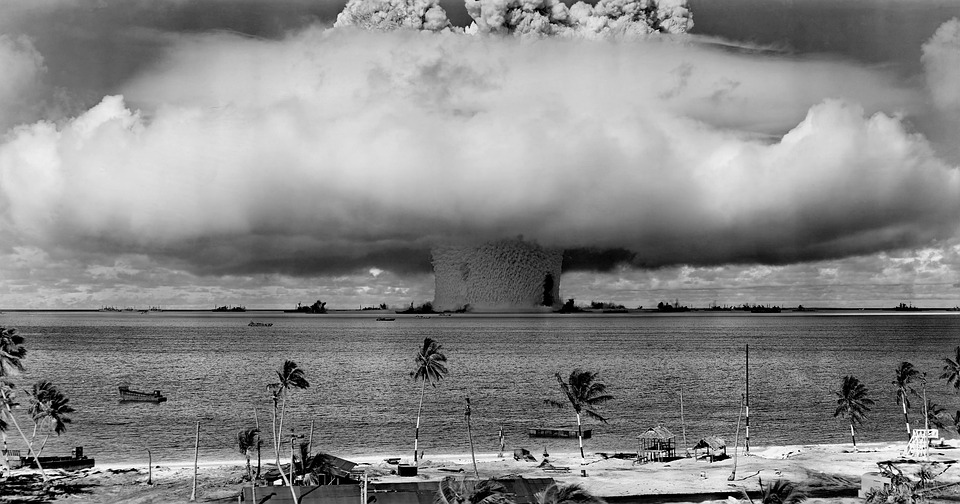The Economics of Nuclear Energy: Cost-Effective or Financial Burden?
The Benefits of Nuclear Energy
Nuclear energy has long been touted as a cost-effective solution to our growing energy needs. Proponents argue that nuclear power is a reliable source of energy that can help reduce our dependence on fossil fuels and mitigate the effects of climate change. In addition, nuclear power plants have relatively low operating costs once they are up and running, making them an attractive option for many countries looking to diversify their energy sources.
Another key benefit of nuclear energy is its low greenhouse gas emissions. Unlike coal or natural gas power plants, nuclear reactors do not emit carbon dioxide or other harmful pollutants into the atmosphere. This makes nuclear energy a more environmentally friendly option for meeting our energy needs, especially as the world grapples with the impacts of climate change.
The Costs of Nuclear Energy
Despite its many benefits, nuclear energy also comes with significant costs. One of the main challenges of nuclear power is the high upfront capital costs required to build and maintain a nuclear power plant. The construction of a nuclear reactor can cost billions of dollars, and the process can be rife with delays and cost overruns.
In addition to the high capital costs, there are also significant decommissioning and waste disposal costs associated with nuclear energy. Nuclear power plants have a limited lifespan, typically around 40 years, after which they must be decommissioned and the radioactive waste must be safely disposed of. These processes can be complex and expensive, adding to the overall cost of nuclear energy.
Furthermore, there are also safety and security costs associated with nuclear energy. The high levels of radiation present in nuclear power plants pose a risk to both the environment and human health, necessitating stringent safety measures and precautions. These safety measures can be costly to implement and maintain, further adding to the overall cost of nuclear energy.
The Future of Nuclear Energy
Despite the high costs associated with nuclear energy, many countries continue to invest in nuclear power as a key component of their energy mix. In fact, nuclear energy is currently responsible for around 10% of global electricity generation, making it a significant contributor to the world’s energy supply.
Looking to the future, nuclear energy has the potential to play an even greater role in meeting our energy needs, particularly as countries strive to reduce their carbon emissions and transition to a more sustainable energy system. Advances in nuclear technology, such as small modular reactors and advanced fuel cycles, could help make nuclear energy more cost-effective and efficient in the coming years.
However, the future of nuclear energy is not without its challenges. The industry faces growing competition from renewable energy sources, such as wind and solar power, which continue to decrease in cost and increase in efficiency. In addition, public perception of nuclear power remains mixed, with concerns about safety, waste disposal, and proliferation hindering the widespread adoption of nuclear energy.
Conclusion
In conclusion, the economics of nuclear energy are complex and multifaceted. While nuclear power offers many benefits, such as low greenhouse gas emissions and reliable energy production, it also comes with significant costs, both financial and environmental. As countries around the world grapple with the challenges of meeting their energy needs while combating climate change, nuclear energy will likely continue to play a key role in the energy mix.
Moving forward, it will be crucial for policymakers, industry stakeholders, and the public to carefully weigh the costs and benefits of nuclear energy in order to determine the best path forward. By investing in research and development, implementing robust safety measures, and addressing concerns about waste disposal and proliferation, nuclear energy has the potential to be a cost-effective and sustainable solution to our energy needs.
